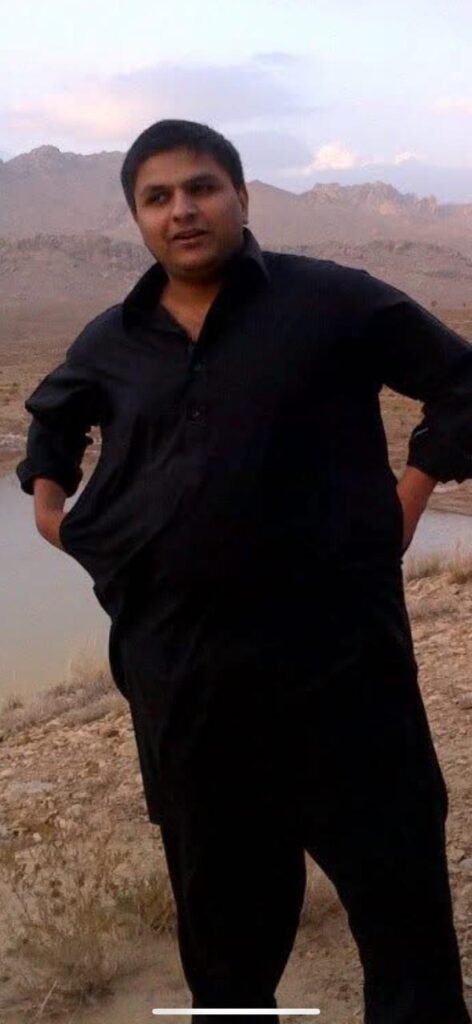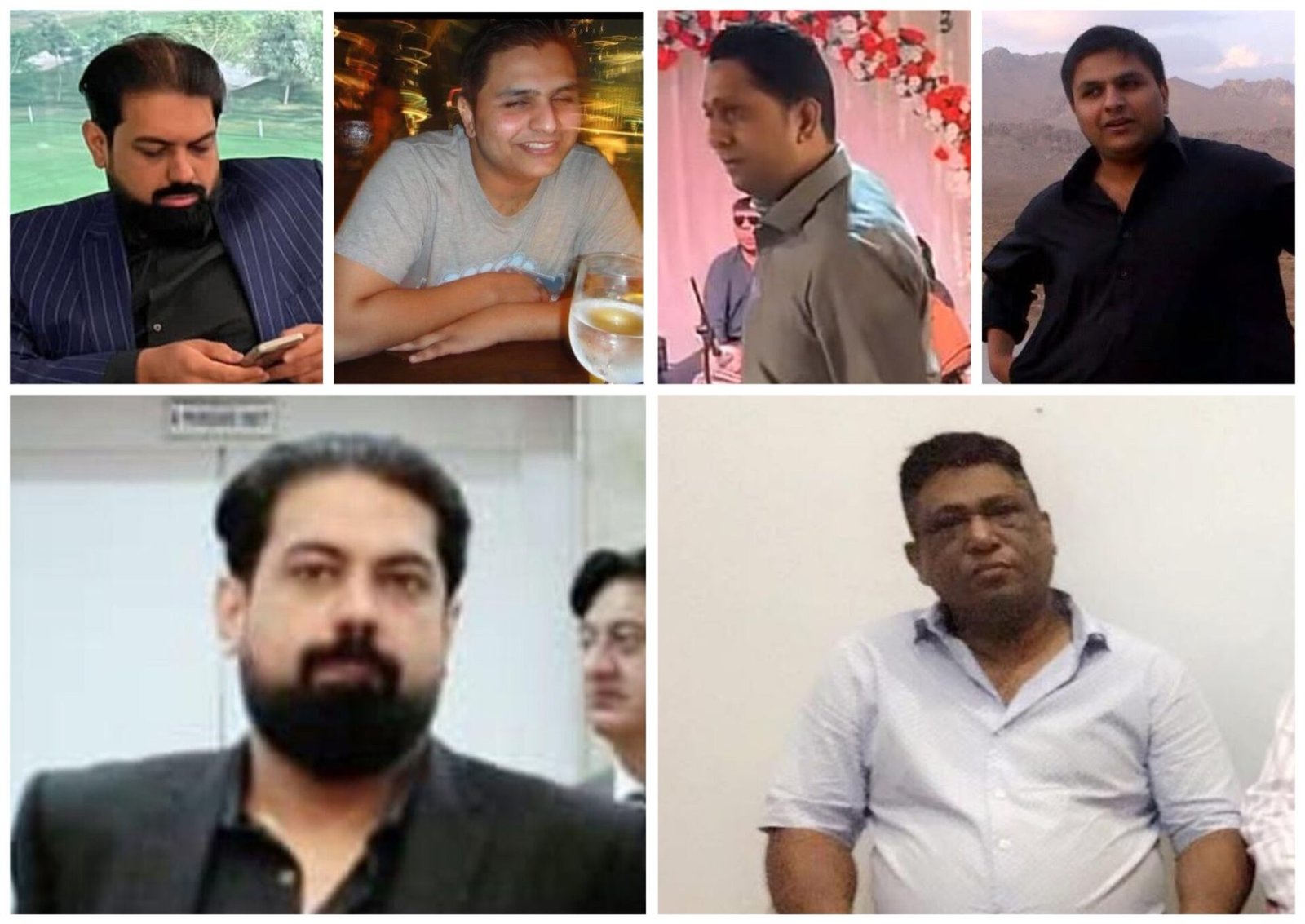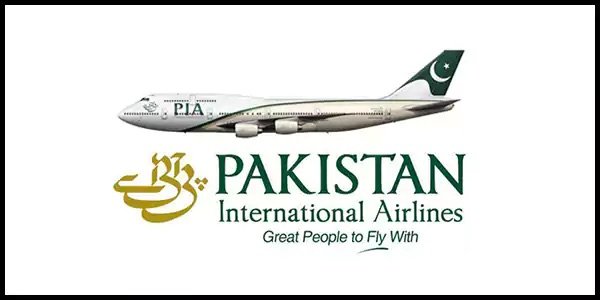In the shadow of Islamabad’s diplomatic enclave, a hidden empire thrives, built not on politics or real estate, but on the lucrative trade of liquor exemptions. What began as a discreet business exploiting privileges granted to foreign diplomats has morphed into a sprawling billion-dollar underground industry, connecting businessmen, diplomats, and powerful figures with extraordinary reach inside Pakistan’s corridors of power.
At the center of this web stands Dr. Tahir Abbas, a man whose trajectory from a small-time car dealer to multi-billionaire epitomizes the rise of the liquor exemptions trade. Once operating from a modest office in F-8, Abbas now manages a vast network from his office in F-7/2, with a residence in Abu Dhabi Tower and a penthouse at Silver Oaks serving as a hub for lavish gatherings. Insiders allege he wields influence over the Ministry of Foreign Affairs (MOFA), working closely with protocol officials to facilitate exemptions on imported liquor.
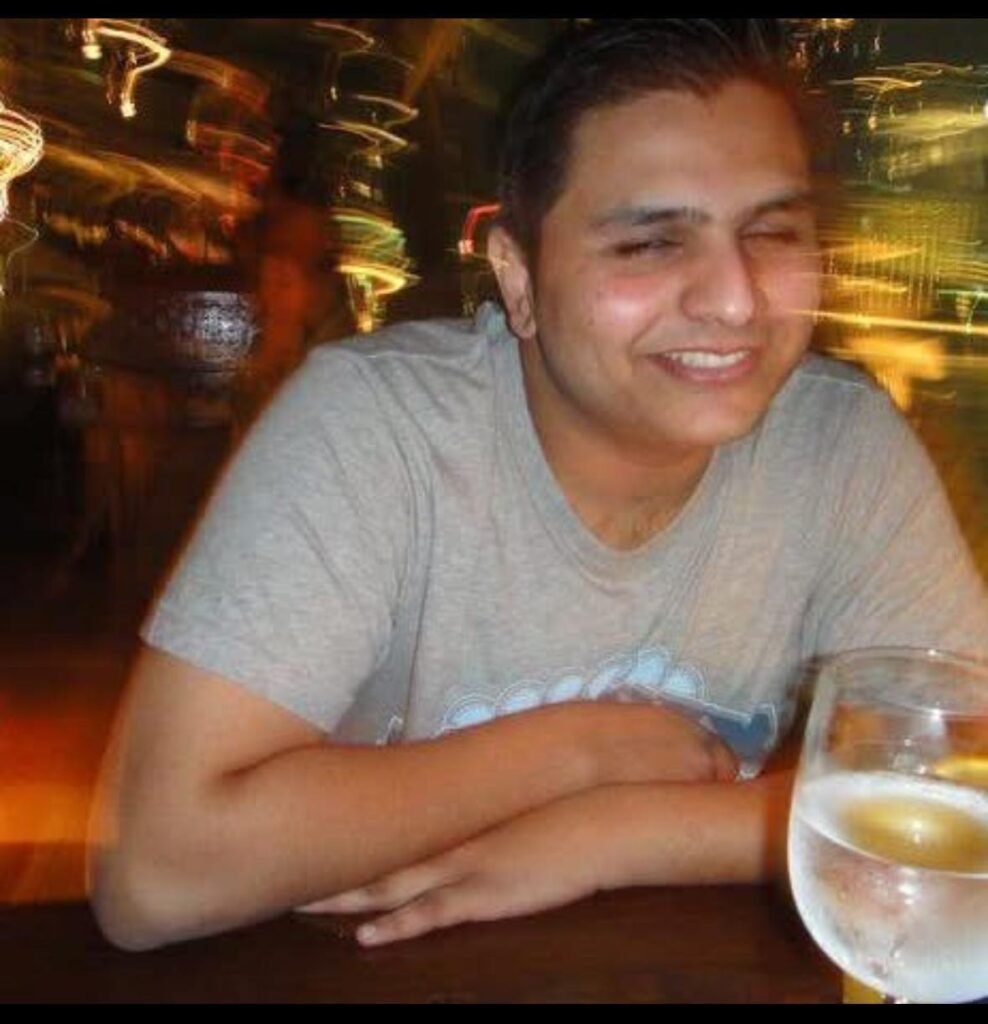
Abbas is far from alone. His closest partner, Salman Rashid, son of Chaudhary Rashid, the owner of Shaheen Bonded Warehouse, commands half the empire. Rashid’s story began in Rawalpindi but today extends into prime Islamabad real estate, including a bonded warehouse in E-7 that doubles as a private party house with massage rooms. He is also constructing a palatial ten-kanal farmhouse and owns a residence on F-6/2 School Road valued at over fifty crore rupees.
This billionaires’ club of exemptions traders stretches back decades. Aman Tariq, of Salim Sons, has been a dominant figure in the market for over thirty years, supported by close aides like KD, Daud, and Rubina Gill, also known as Miss Bina. Tariq is considered an impulsive buyer, flush with connections in MOFA, and is known to keep operations running smoothly out of his F-6/2 office.
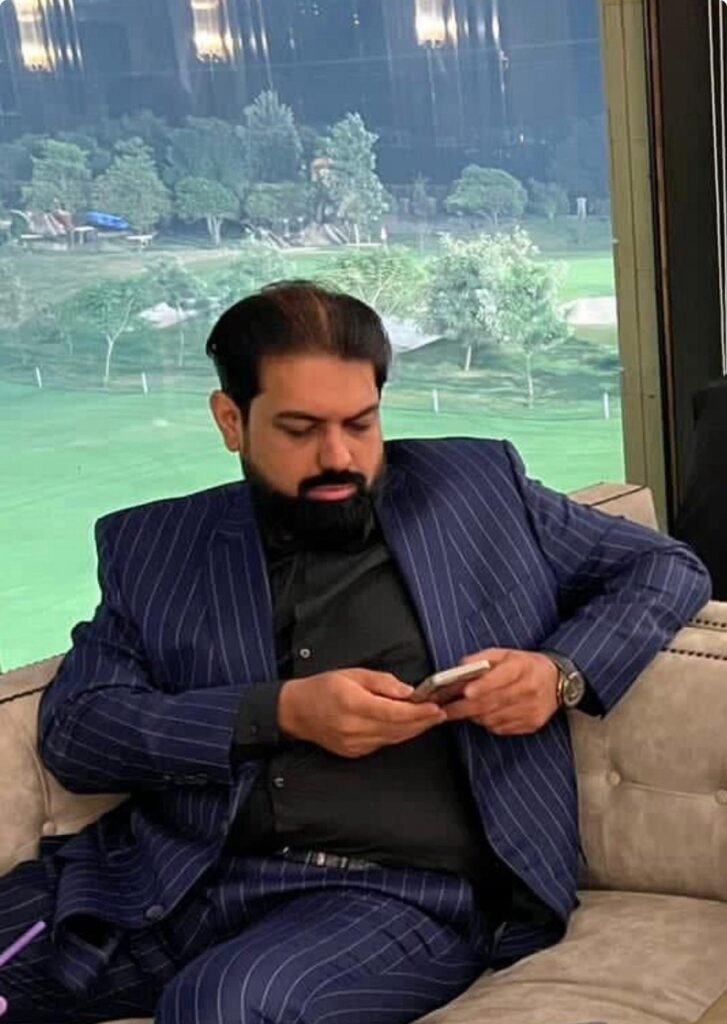
Ayaz and Fayaz Khan, two brothers who have long controlled much of Islamabad’s liquor black market, also play a central role. Through their frontmen Zohaib and Fahad Aslam, nephews of the late Ashraf Kalia of Dhoobi Ghaat, they manage a sophisticated operation. Zohaib, who runs an office in D-Chowk opposite Sunny’s Kitchen, specializes in securing documents and exemptions directly from diplomats and ambassadors. Fahad, meanwhile, maintains ties with local liquor dealers, ensuring distribution channels remain uninterrupted.
On the streets, the trade is managed by Islamabad’s so-called Malik family dealers names like Sher Afzal, known as “Kaka,” alongside Shahid, Zahid, Azad alias Mola, Tanveer Shah, and Tariq. These figures oversee the city-level distribution that keeps the exemptions business moving from warehouses to party houses to buyers who rely on the secrecy of this underground pipeline.
What makes this network so extraordinary is its scale, secrecy, and impunity. While liquor remains restricted in Pakistan, the exemptions racket ensures a steady flow of high-end imported alcohol into the country. Exemptions, meant to serve the diplomatic community, have been transformed into commodities bought and sold for staggering sums. From Dubai to Islamabad, companies arrange shipments and paperwork with precision, sustaining an industry that has enriched a select few while blurring the lines between diplomacy and organized crime.

The mechanics of how these exemptions are purchased, the costs of each certificate, and the global supply routes, from Dubai into Pakistan, reveal a parallel economy that thrives under official watch. For now, Pakistan’s billionaires of liquor exemptions continue to operate unchecked, shielded by influence and wealth, while the country’s black market for alcohol grows in plain sight of power.

